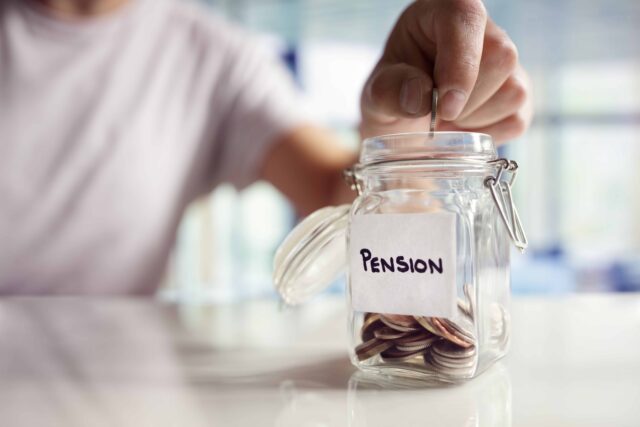New figures from the Institute of Fiscal Studies (IFS) have revealed that the majority of the UK’s self-employed workforce are not currently saving into a pension scheme. This comes despite the IFS reporting that the number of adults over the state pension age is expected to rise from its current level of 24 per cent to 27 per cent by 2050 and 30 per cent by 2070.
Fewer than one in five of the UK’s self-employed workforce are reported to be saving into a pension scheme, compared to approximately one third in a previous report from the Pensions Commission. According to the IFS, the greatest decline in self-employed pension membership is among freelancers who have been self-employed for long periods of time.
According to the report, people approaching retirement are increasingly living in private rented accommodation, which is more expensive and less secure. Just 3-4 per cent of those born in the 1930s and 40s lived in private rented housing at the age of 65, a figure that rose to 6 per cent for those born in the 50s and which looks set to rise to 10 per cent for people born in the 1960s.
This leads to an increasing risk that more people will be paying rent during retirement, leading to a need for them to save more while they are working.
The IFS’s report stated: “The higher state pension ages rise, the harder it will be for people to remain in paid work until that age. A higher state pension age pushes up income poverty rates of those in their 60s: the latest increase, from 65 to 66, led to the income poverty rate of 65-year-olds more than doubling.”
IFS Director Paul Johnson commented: “Despite the number of self-employed people growing considerably, many fewer of them are saving in a pension. Most private sector workers are left having to manage considerable risks – not least over how long their retirement will be – which for many will be incredibly difficult to balance well.”
“And an increasing number are likely to spend their retirement in relatively expensive, and less secure, private rented accommodation which will have adverse consequences for both retirement living standards and the government’s housing benefit bill. A fresh look at the UK retirement saving environment is long overdue.”
Sign in
Welcome! Log into your account
Forgot your password? Get help
Password recovery
Recover your password
A password will be e-mailed to you.









